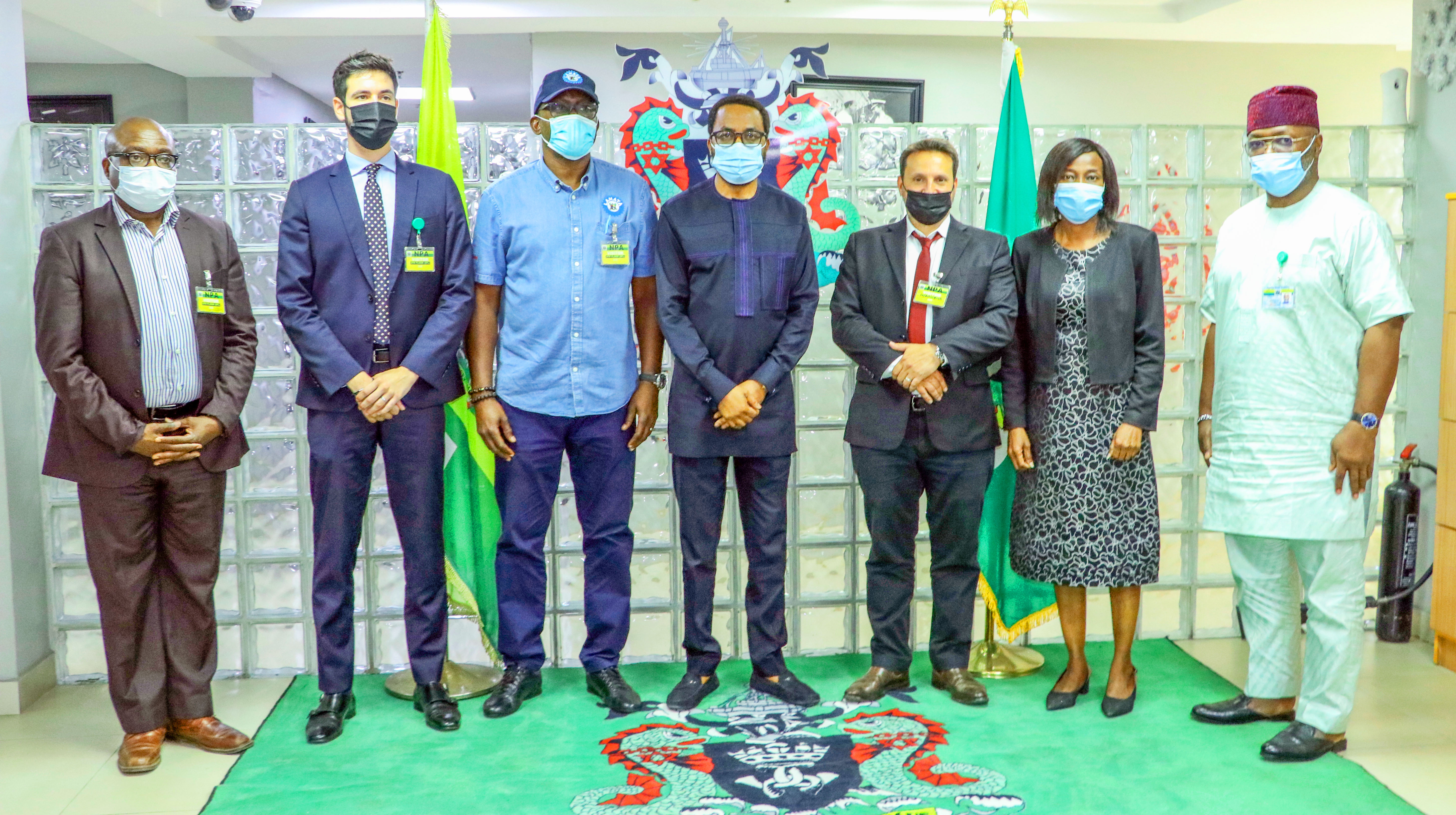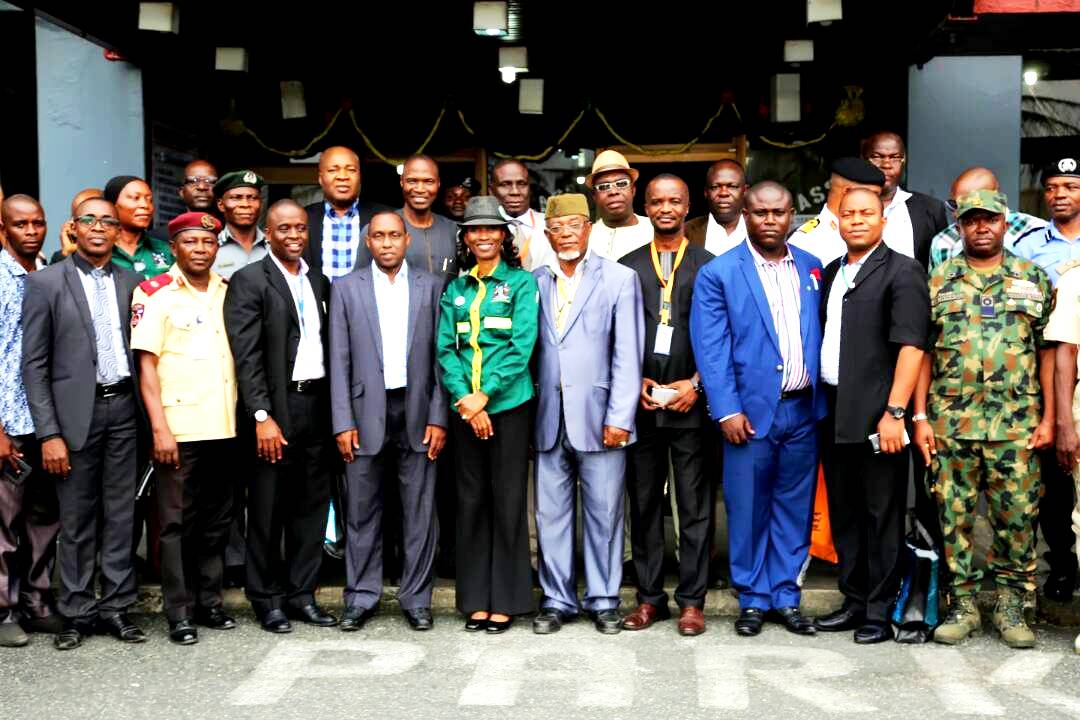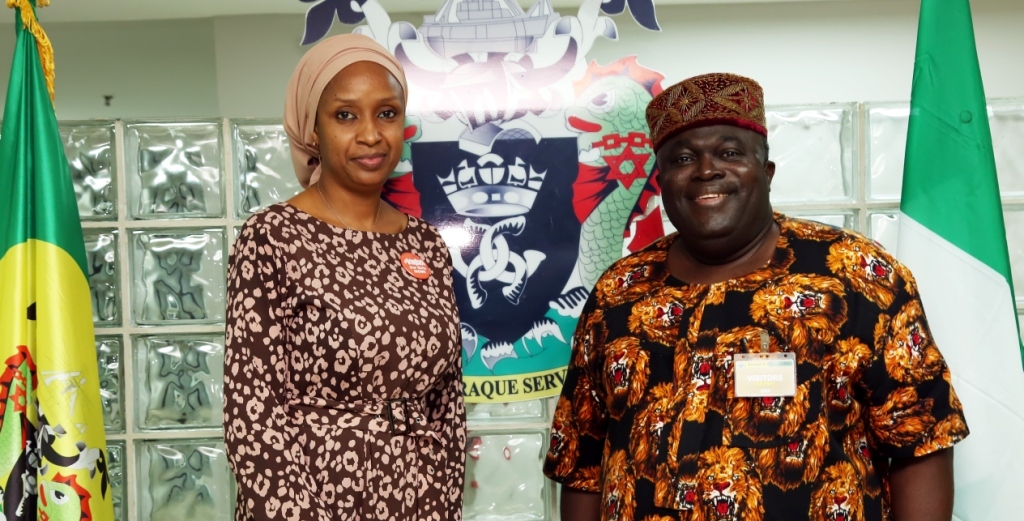The National Automotive Industry Development Plan (NAIDP), which was launched in 2013, under the Goodluck Jonathan-led administration attracted top automakers across the world, as manufacturers were wooed to set up vehicle assembly plants.
The President Muhammadu Buhari-led administration earlier in the year, endorsed the initiative, when the Federal Ministry of Industry, Trade and Investment, told players that the plan was laudable, adding that the policy would be fine-tuned in order to set an effective implementation framework and incorporate a number of suggestions offered by local automakers and other stakeholders.
Unfortunately, the observed endless delay in review of the nation’s automotive policy is creating a serious setback for industry operators who lamented that the situation is becoming unacceptable considering the recess state of the economy.
Industry operators say they are in a very tough time in the country. Today, the exchange rate is over N500 to a dollar in the parallel market. While others are facing the economic downturn, we are confronted with the forex problem and the challenges of automotive policy.
In his welcome remarks in Lagos at the 2016 Fleet Managers’ Forum titled; ‘Innovation at Work’ organised by Elizade Nigeria Limited, the Chairman of the group, Herbert Ajayi, said: “The not-so-coordinated economic policy of government in the automotive industry is not helping matters.”
Managing Director of the company, Ademola Adejo, who said the sector was struck by double tsunami – government continuous silence and economic slump urged government to give a clear path that would enable investors make necessary plans.
He said “We have put up plants, investing billions of naira into assemblage however, when setting up plants; you are to have markets for the vehicle you want to building. But what we see today is a shrinking market. In 2014 we had total size of 50, 000 units but the market size has crashed.
“Market size is going down, while we are increasing market capacity. We already tabled our plea before the government; there are only two countries like with the kind of population we have that do not have viable automotive sector. In terms of population and size, Nigeria should have a viable auto industry. But as much as 800,0000 used vehicles are being imported into the country. We can’t favour importation of ‘tokumbo’ vehicles and expect a new car market to grow.
“Things are getting more difficult than we expected. We can’t make new purchase to go ahead with our businesses. The market is grossly uncertain. With a population of about 180 million people, Nigeria has the potential to manufacture vehicles, but how can we attract investment if we make the situation uncertain to investors?”
Adeojo, who said the organisation has offered 50 per cent reduction on cost of labour and 17.5 per cent off cost of spare-parts to help customer prioritise preventive maintenance as way of surviving the harsh economic condition, said government must address fundamental challenges in the sector to create a viable automotive industry.








